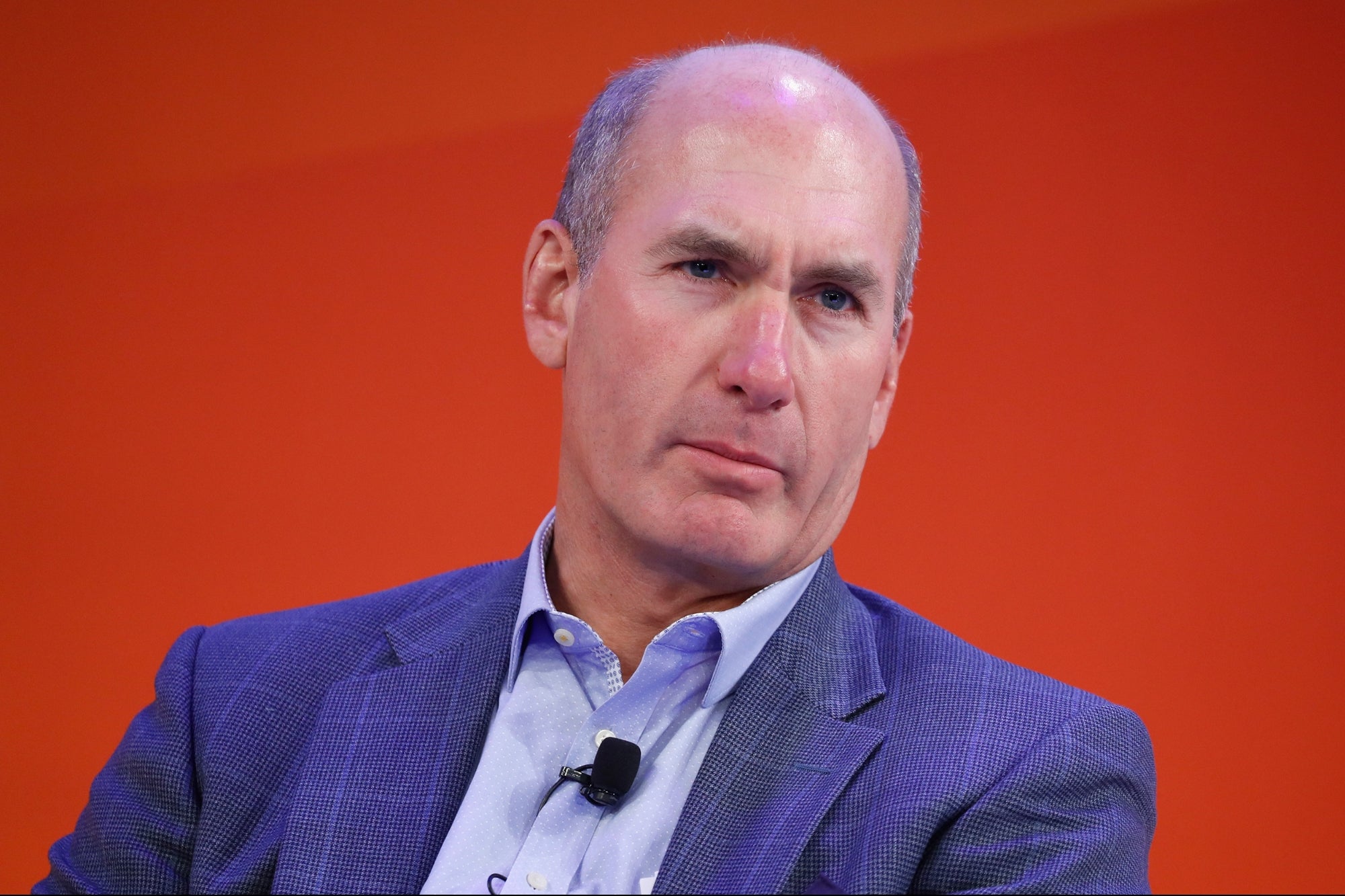A Customer Ghosted Her on a $1,700 Bill — So She Used This Clever Move to Get Paid When people act in mysterious and frustrating ways, here's what to do.
By Jason Feifer Edited by Frances Dodds
This story appears in the July 2025 issue of Entrepreneur. Subscribe »
If a customer stopped paying you, what would you do?
Here's what Nancy Salamon did. It's the greatest strategy I've ever heard.
Salamon is a studio potter and textile designer, and one of her wholesale customers recently stopped paying. She sent a gentle nudge, and the customer promised to pay. But another month went by, and he didn't.
So Salamon sent another email. Instead of being angry or demanding, she started like this: "I want to tell you a story." Then she told a story about her very first wholesale account, with a guy named John. He always paid on time — until one day, John stopped. Salamon followed up repeatedly but heard nothing. A few months later, she received a check — along with a note from John's widow. As it turns out, John had been ill and just died. "I wish I had known," Salamon explained. "I'd have left them alone."
Related: 8 Effective Ways to Connect With Your Customer
Then Salamon told her current buyer this: I hope you are not experiencing anything catastrophic. I just want to see if you're OK. In turn, the customer sent a kind email. He said it's true, we never know what other people are experiencing. He was healthy, but his business was suffering. Still, he paid Salamon. "I know that if I had not reached out to him on a personal level, my $1,700 bill would have stayed on the bottom of his pile," she told me.
To Salamon, the lesson is this: Even in business, we must be human.
I agree. But it also got me thinking: When someone disappears on us, or reacts mysteriously, we often assume the worst — that someone hates us, or is ignoring us, or is trying to rip us off. In turn, we become stressed out and angry.
But what if, instead, we stepped back and thought like Salamon? What if we wondered what else might be happening?
Think of it like this: Every situation has four possible explanations. Something is either catastrophic, bad, neutral, or good. Our job is to figure out which explanation is true — without jumping to conclusions.
For example, let's say you send an email to a partner, and they don't reply. You might think they're ignoring you. That would be bad. But what are the other options — the catastrophic, neutral, or good options?
Related: 10 Years, 10 Lessons — Key Insights From a Decade of Entrepreneurship
Well...that partner might be very sick. (Catastrophic.) Or they might be super busy. (Neutral.) Or they might be formulating a great proposal for you. (Good!)
When we force ourselves to consider a range of options, we confront a simple but easily forgotten fact: We don't actually know what's going on.
I wish I'd thought of this earlier, because it would have helped a situation I faced. I was recently giving a keynote talk to 200 people, and as I spoke, I was distracted by a guy in the front row. He looked buff. Cocky. Had a smirk. And he kept nudging the woman to his left, as if making fun of me. What a jerk, I thought.
Then the guy approached me afterward — and everything changed.
"I came here with my wife and didn't expect to get anything out of this conference, but you really helped me," he said. He's exploring a big career change and loved my advice. We talked for 20 minutes. Super nice guy!
Now I know: He wasn't smirking during my talk — he was happily surprised, and nudging his wife because of it! Meanwhile, I was needlessly distracted because I assumed the worst.
Imagine if, instead, I had simply considered the full four explanations. It could have looked like this: Maybe he's preparing to ruin my career. (Catastrophic.) Or he's a jerk. (Bad.) Or he has a resting smug face. (Neutral.) Or he's loving what I'm saying. (Good!)
Here's the thing: Our brains often assume the worst. It's pointless to fight against it. So instead, let's just surround our assumptions with even more assumptions. Let's remember that the world is large, and business is unpredictable, and people are complicated.
There's only one way to build a company, and to build a life: Make room for all possibilities.
Want more like this? Subscribe to Jason Feifer's newsletter, One Thing Better.












